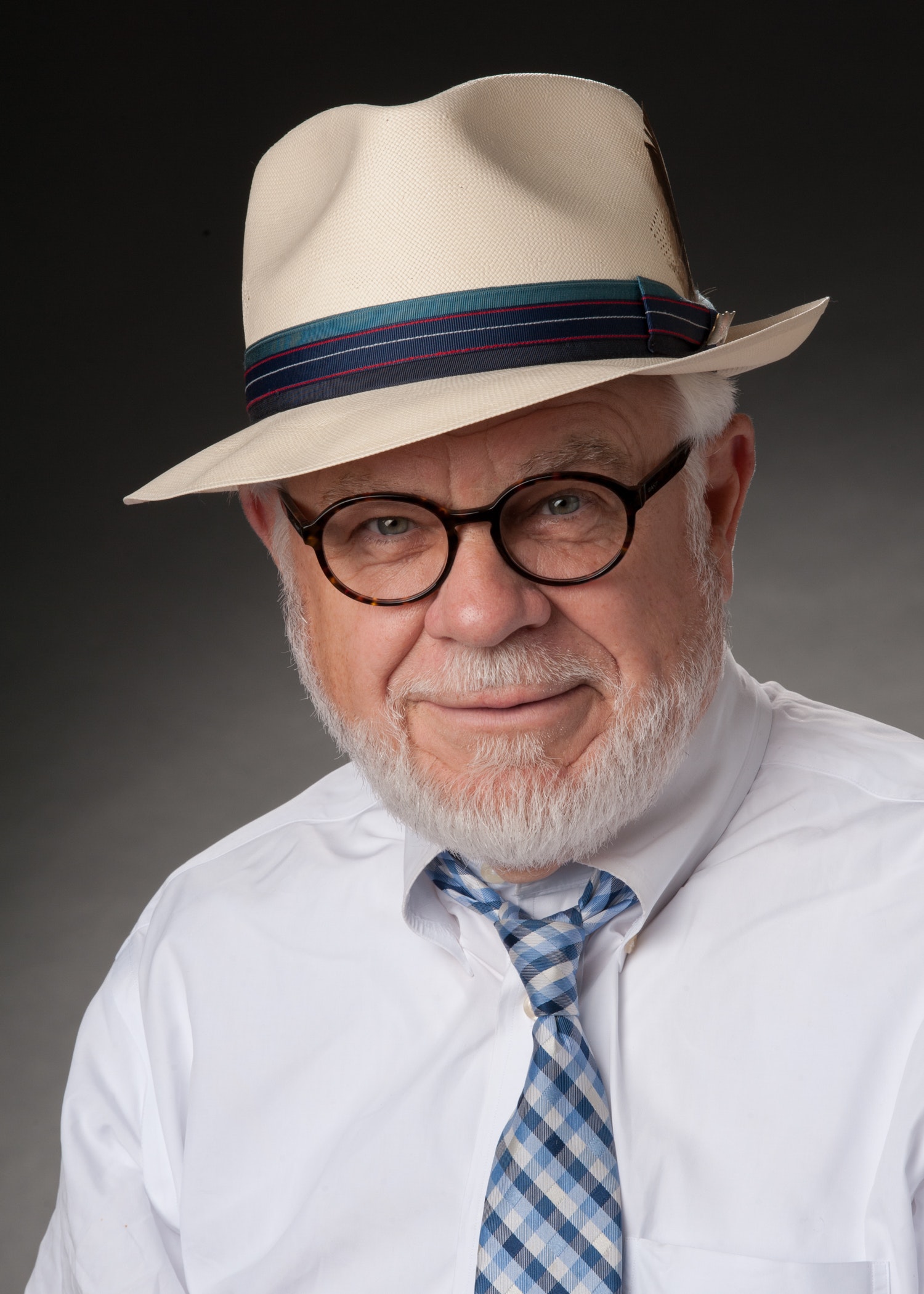VERSA CLARK
Several weeks ago I wrote about how Covid-19 had revealed many of the known but not overtly discussed medical issues within the black community. Once the percentage numbers began to rise and reflect that underlying illnesses within the black community was a factor in the number of patients and deaths from Covid-19, it prompted some whites to say that blacks don’t care about their health.
That statement overlooks the role generational poverty plays in determining healthcare outcomes. That is why one major economic strategy for black Shreveport could be its own health-care system that would include Community Medical Centers and Regional Specialty Centers and a Healthcare Exchange.
Ochsner has already started to develop their 3-4 Community Medical Centers with the soon to open Cedar Grove Center. These centers normally provide services for Infant and Childhood physicals, Immunizations, treatment of illnesses, family planning services, OB-GYN and prenatal care.
Some also provide chronic disease management like diabetes, asthma and hypertension. The career jobs related to these services range from family physicians, internists, pediatricians, obstetricians, nurse practitioners, physician assistants and dentists to registered dietitians, counselors, health educators, support staff and a wide range of administrative specialties (medical billing, technical support, etc.). This would easily help expand the black middle class and reduce the 49.7% who currently live at or below the poverty level.
The best route to successfully develop this strategy is to begin as young as we can teaching black youth about these opportunities and demand from our public education system a curriculum that will assist them in their pursuits.
About five years ago I wrote to a friend who works at the National Institute of Health (NIH) concerning the possibility of Shreveport becoming a regional diabetes center. I also spoke with several local physicians as to whether this was feasible. I was surprised to get lukewarm answers considering the state of Louisiana is along with West Virginia, Mississippi and Alabama that has 35%+ of its population that is considered obese.
The closest regional (NIH) Diabetes Center is in North Carolina. The Health Educators and Counselors at the Community Medical Centers should be able to create a lean, mean, workforce machine for Shreveport and the area.
The other part of this homegrown health-care system is an exchange. Although there are a number of ex changes serving the state, many African-Americans are employed in situations where their employers offer limited or no health-care insurance. Most existing exchanges have a small percentage of their business covering Medicaid. There is an opportunity to work for small businesses, do temporary coverage, Medicare as well as Medicaid. The careers in the exchanges range from analyst, project management technology specialist to system support personnel. Wages for all these positions are above the poverty level.
So as we continue to put Covid-19 in our rearview mirror, the hope is that we can develop a health-care system that would not only lower the percentage of families or individuals that are at or below the poverty level, but generate a lean, mean, workforce machine.
THIS ARTICLE WAS PUBLISHED IN THE July 31 ISSUE OF FOCUS SB - THE INQUISITOR.
